Welcome to Club Cobra! The World's largest
non biased Shelby Cobra related site!
- » Representation from nearly all
Cobra/Daytona/GT40 manufacturers
- » Help from all over the world for your
questions
- » Build logs for you and all members
- » Blogs
- » Image Gallery
- » Many thousands of members and nearly 1
million posts!
YES! I want to register an account for free right now!
p.s.: For registered members this ad will NOT show
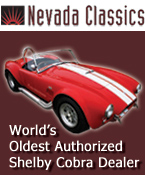 
 Main Menu
Main Menu
|
 Nevada Classics
Nevada Classics
|
 Advertise at CC
Advertise at CC
|
 February 2025
February 2025
|
| S |
M |
T |
W |
T |
F |
S |
| |
|
|
|
|
|
1 |
| 2 |
3 |
4 |
5 |
6 |
7 |
8 |
| 9 |
10 |
11 |
12 |
13 |
14 |
15 |
| 16 |
17 |
18 |
19 |
20 |
21 |
22 |
| 23 |
24 |
25 |
26 |
27 |
28 |
|
|
 CC Advertisers
CC Advertisers
|
|
 1Likes 1Likes

09-03-2007, 02:45 PM
|
 |
CC Member

|
|
|
Join Date: Jun 2006
Location: Las Vegas,
NV
Cobra Make, Engine: 427 SC
Posts: 388
|
|

 Not Ranked
Not Ranked
The Navy uses lock-tabs on a lot of secondary nuclear steam valves and conventional main steam valves. Shelby continues to use them on the suspension. I've never seen one fail, either in a Cobra or on a ship.
I've never questioned them, so it's interesting to see your opinion. Have you had problems with them failing?
BTW, nice thread. Always nice to see original parts. 
Quote:
|
Originally Posted by David Kirkham
Anyway, this it the infamous locking tab the English were so enamored with. At first glance it looks like a good answer to the question of keeping the bolt in place...in practice it is incredibly stupid. But, as they say, "Hind sight is 20/20" and who knows what people will be posting about me on the web 20 years from now!
|
|
-
Advertising


09-03-2007, 02:49 PM
|
 |
CC Member

|
|
|
Join Date: Mar 2001
Location: Provo,
Ut
Cobra Make, Engine: Kirkham, 427
Posts: 6,990
|
|

 Not Ranked
Not Ranked

Now for a discussion of the Achilles Heel of the 289 and the 427 Cobra. The bearing spacers. Space does not permit me (or the rules of this forum  ) to accurately describe my feelings toward these spacers. Suffice it to say they are an abomination (right next to the McLeod hydraulic throw out bearing).
The original Cobra (including 289 FIA, 427 Comp, 427 S/C, and 427 Street) used tapered roller bearings in the rear upright. (Just for interest's sake, the 289 street car used 2 standard roller bearings). Tapered roller bearings have to have a certain amount of preload on them to run right. If the bearings are too loose, then your rear hub will be loose and wander all over the place. (Not good unless you like saying your Hail Mary's at the end of the strait). If your bearings are too tight, they will burn up in short order, probably seizing the rear bearing and then spinning it on your rear hub. (Not good unless you like calling Kirkhams on the phone and begging them to custom make you some extremely expensive rear hubs.) There is an extremely fine line between too tight and too loose. It is only about 0.001 inches. You want the hubs to have about 25 inch pounds of resistance on them when you turn the hub and have it all preloaded correctly. The preload is set by the length of that stupid shim. When everything is right--it makes a marginally acceptable solution to the problem of rear hub bearings. Today we have MUCH better solutions--like double row angular contact bearings that come on a Porsche. But that is a story for another day.
In our experience, the rear upright bearing shims are seldom--if ever--set up correctly. Because the shim must take up the preload of the bearings, it is itself a bearing of sorts. As such, it MUST be made out of HARDENED STEEL!!! Everyone makes them out of mild steel and then prays to the bearing shim gods that they will hold up. They will not. They will FAIL after as little as 10-100 miles. Expecting them to hold up is much the same as praying to the Turn 1 god in hopes you will make the turn after you missed your braking point. Let's face it, if you have resorted to praying you will make the turn, you are probably going to shortly experience 4WD in a Cobra. Not so bad a Miller Motorsports Park (probably just humiliating as you spin off in a cloud of dust the size of Hurricane Katrina) but quite probably DEADLY at most other tracks.
If you look closely at the inner portion of the surface of the shim you can see it is colored differently than the outer portion. That is because 0.010 inches has been WORN OFF THE SURFACE!!! 
We make our shims out of hardened 4340! Absolutely bulletproof. Pun intended...
OK, let me explain the pun. 4340 is the mil spec used for armor. It is hell on tools (and Osama's buddies) but it is about the ONLY thing that will stand up the the beating.
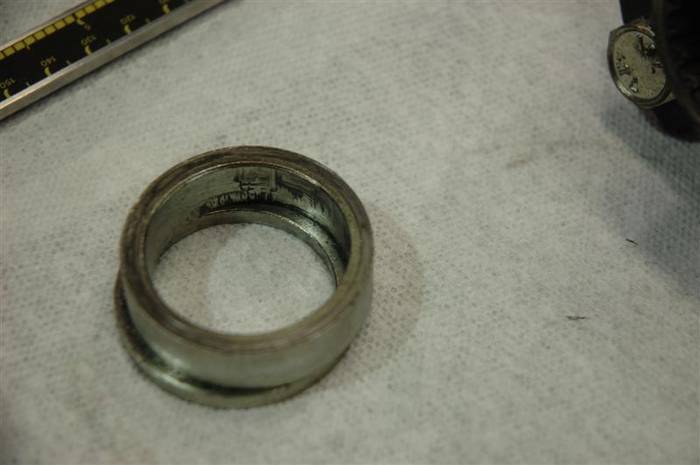
Last edited by David Kirkham; 08-24-2013 at 06:22 PM..
|

09-03-2007, 03:12 PM
|
 |
CC Member

|
|
|
Join Date: Mar 2001
Location: Provo,
Ut
Cobra Make, Engine: Kirkham, 427
Posts: 6,990
|
|

 Not Ranked
Not Ranked

mylesdw, MK IV,
OOOPS!!! I mistyped??? 
Is that a word?
I MEANT to say (write), the Jaguar does not have a TRUE UPPER CONTROL ARM, as it uses the 1/2 shaft as the upper control arm. So it is an upper control arm and 1/2 shaft mixture. Of course, it is an independent rear suspension! My mistake for typing too fast while Sandwich is unbolting things like Speedy Gonzales. I should have paid more attention to what I was typing. The Cobra uses a plunging 1/2 shaft whereas the Jaguar uses a rigid 1/2 shaft. If it plunged then the wheel wouldn't hold up.
Kris,
I would have to see the Navy system to comment. I wonder if it is a system that is seeing loading??? The rear hub takes a pounding. Are those lock tabs used in a situation where there is not cyclical loading taking place??? Like just making sure a valve doesn't open or close? If you could describe it a little better, I would have a better idea. I suspect it is more of a case where the Navy has always done it that way and so...
You can always read Carroll Smith's book Nuts, Bolts, and Fasteners for further comment on those tabs. I encourage everyone to read it!
As for have I ever seen them fail...well, look here in the pictures I am now posting. Notice the washer was already bent. It is very hard to see in the picture, but the bearing spacer is already grooved out 0.010 inches. It was grooved out by something. That 0.010 inches has to have gone somewhere. It did. I came right out of the preload of the bearings.
As a final note...have you ever seen a lock tab on an engine connecting rod? (OK, not on an old tractor, but on a modern car?) NO! They don't use them because they don't work. If anyone was interested in keeping a nut and bolt together it would be on a connecting rod bolt. They take a pounding, but there is no lock tab to be found anywhere. The preload of the bolt keeps the nut and bolt from coming apart. Leaving a soft material under the head of a bolt or nut is just begging for it to squish out; consequently, all of the preload in the system will be lost. |

09-03-2007, 03:25 PM
|
 |
CC Member

|
|
|
Join Date: Mar 2001
Location: Provo,
Ut
Cobra Make, Engine: Kirkham, 427
Posts: 6,990
|
|

 Not Ranked
Not Ranked

Mark IV,
I am a great fan of Colin Chapman. The more time I spend at the track the more I admire him. Lighter cars are much easier (and funner) to drive quickly. If, however, he was a fan of the upper control arm and the 1/2 shaft being the same piece, then I would strongly disagree with him.
If you look at ANY F1 car you will see an upper control arm with a plunging 1/2 shaft. The F1 boys would sell their mother for a gram. If it were more efficient they would do it.
Technology marches on. What was good yesterday may or may not be good today--probably not. Technology rests for no one. One day what I have done will probably be used as bad examples in some text book (or at least on some blog) as what not to do. That said, I do not believe Colin is dumb (or the Navy or even me for that matter). We simply get more understanding and better materials as time goes on. Who was it that said the only reason we see so far is we stand on the shoulders of giants? I only benefit from standing on Colin's (and others') shoulders.
David
  
Last edited by David Kirkham; 09-04-2007 at 05:45 PM..
|

09-03-2007, 03:30 PM
|
 |
CC Member

|
|
|
Join Date: Mar 2001
Location: Provo,
Ut
Cobra Make, Engine: Kirkham, 427
Posts: 6,990
|
|

 Not Ranked
Not Ranked
Kris,
Yes, I have seen some of them fail. I have taken apart rear hub bolts with my fingers after they have been run hard and pounded out the shims, washers, and lock tabs. I have even seen some cars that were put together with thin 0.002 inch shims to get the preload right--that pounded out and literally broke apart under the loading. Very nasty little 0.002 inch pieces of shim were running in the bearings.
All of that material that was gouged off of the surface of the bearing shim I showed in the above pictures had to go somewhere. It went into the rear bearings. At best you could hope for a ruined bearing and the time and wits to catch it before something more expensive (or worse) happened. Look at any modern car that bolts the axle through the hub bearing. No one uses a locking tab under the nut any more. (They all use lock nuts, however.)
David
  
Last edited by David Kirkham; 09-05-2007 at 08:21 AM..
|

09-03-2007, 03:34 PM
|
 |
CC Member

|
|
|
Join Date: Mar 2001
Location: Provo,
Ut
Cobra Make, Engine: Kirkham, 427
Posts: 6,990
|
|

 Not Ranked
Not Ranked
Here you can see another common problem in original Cobras. Here you see whoever put this together used nylocks. The brake rotor can get well past 1000 F degrees under hard braking. The nylon in the nuts will break down in short order riding next to such temperatures. We strictly use all metal aircraft lock nuts here. Original cars used all metal lock nuts here as well.
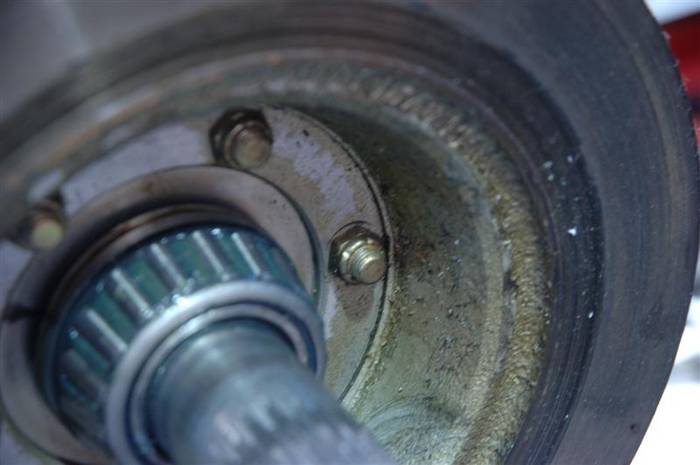 |

09-03-2007, 03:36 PM
|
 |
CC Member

|
|
|
Join Date: Mar 2001
Location: Provo,
Ut
Cobra Make, Engine: Kirkham, 427
Posts: 6,990
|
|

 Not Ranked
Not Ranked
Next you can see Sandwich pressing the rear outer bearing off of the rear hub. You will have to have a bearing splitter to do that work. He has already taken the rotor off of the rear hub.
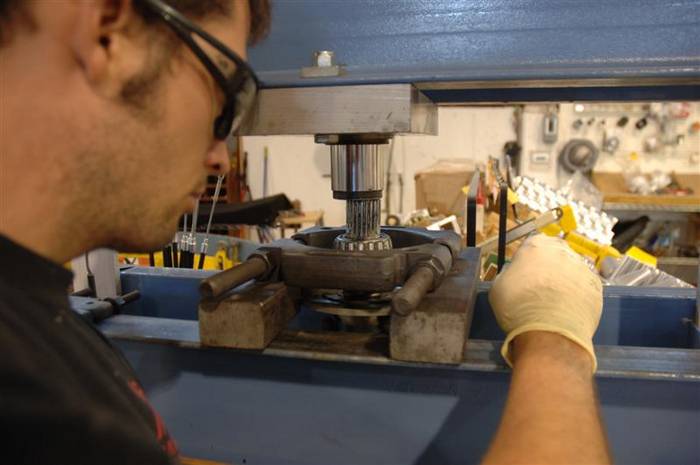
Last edited by David Kirkham; 09-03-2007 at 03:55 PM..
|

09-03-2007, 03:40 PM
|
 |
CC Member

|
|
|
Join Date: Mar 2001
Location: Provo,
Ut
Cobra Make, Engine: Kirkham, 427
Posts: 6,990
|
|

 Not Ranked
Not Ranked
Now Sandwich is cleaning the rear hub to look for previous damage--like spun bearings or visible cracks. I have seen hubs in the past where someone (a "professional" not to be named who should have known better) literally gouged the rear hub RIGHT AT THE ROOT of the shaft with some unknown tools. The gouges were 0.050 deep! We had to throw BOTH hubs away to fix the customer's car. Always best to check.
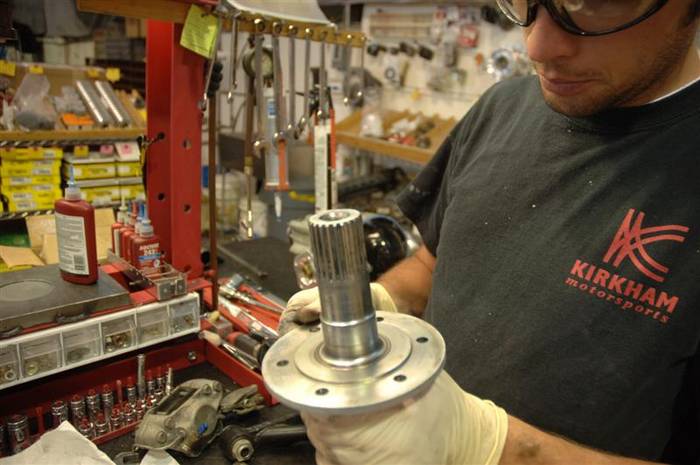 |

09-03-2007, 03:43 PM
|
 |
CC Member

|
|
|
Join Date: Mar 2001
Location: Provo,
Ut
Cobra Make, Engine: Kirkham, 427
Posts: 6,990
|
|

 Not Ranked
Not Ranked
Sandwich then takes the old bearing and cleans it out (to get any chunkies from the bearing spacer out). If the bearing feels good, then he repacks it with grease.
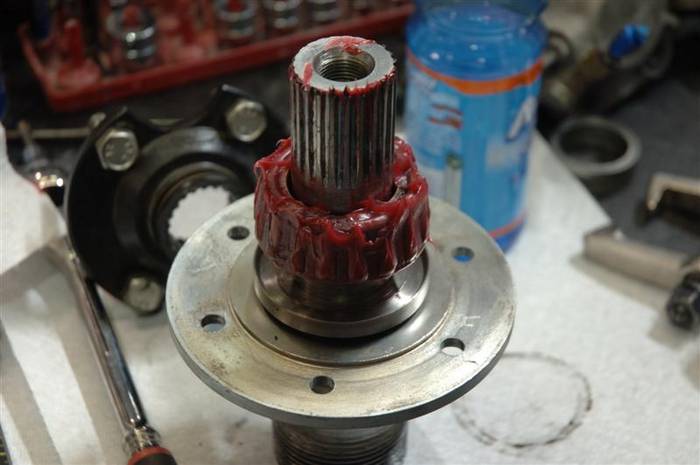
Last edited by David Kirkham; 09-03-2007 at 03:46 PM..
|

09-03-2007, 03:45 PM
|
 |
CC Member

|
|
|
Join Date: Mar 2001
Location: Provo,
Ut
Cobra Make, Engine: Kirkham, 427
Posts: 6,990
|
|

 Not Ranked
Not Ranked
Then he puts it back in the upright. We use Mobil 1 synthetic grease. It has very high temperature characteristics. BUT don't get it on your clothes! It will NEVER come out.
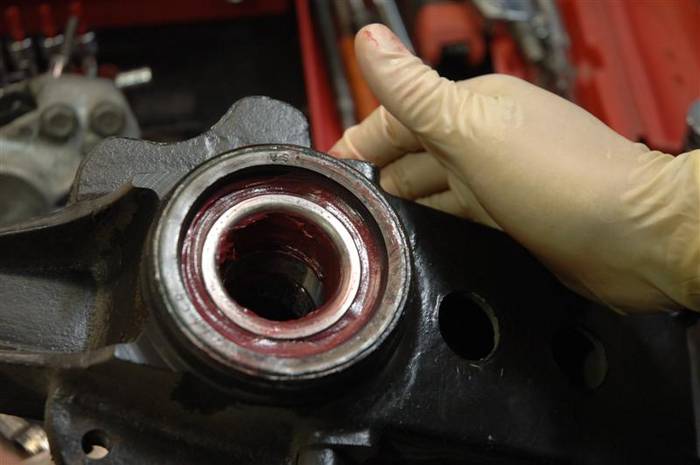 |

09-03-2007, 03:49 PM
|
 |
CC Member

|
|
|
Join Date: Mar 2001
Location: Provo,
Ut
Cobra Make, Engine: Kirkham, 427
Posts: 6,990
|
|

 Not Ranked
Not Ranked
Now it is time to address that dang bearing spacer.
Master Machinist Sandwich knows that the slop in the rear upright was about 0.004 inches. He just knows from experience. So he goes off to the lathe and whips out a spacer out of Godzilla, pre-heat treated 4340. This takes some time. Notice he makes the entire shim in one operation and then cuts it off. You have to be SURE your ends are absolutely parallel.
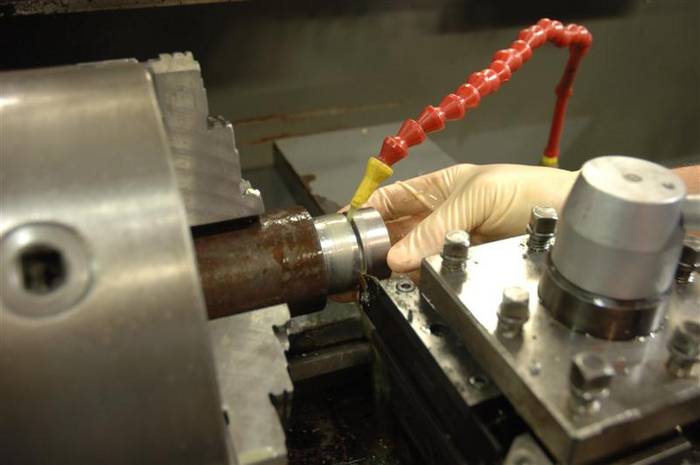 |

09-03-2007, 03:51 PM
|
 |
CC Member

|
|
|
Join Date: Mar 2001
Location: Provo,
Ut
Cobra Make, Engine: Kirkham, 427
Posts: 6,990
|
|

 Not Ranked
Not Ranked
Sandwich got his measurement from running the mic on the original shim stack.
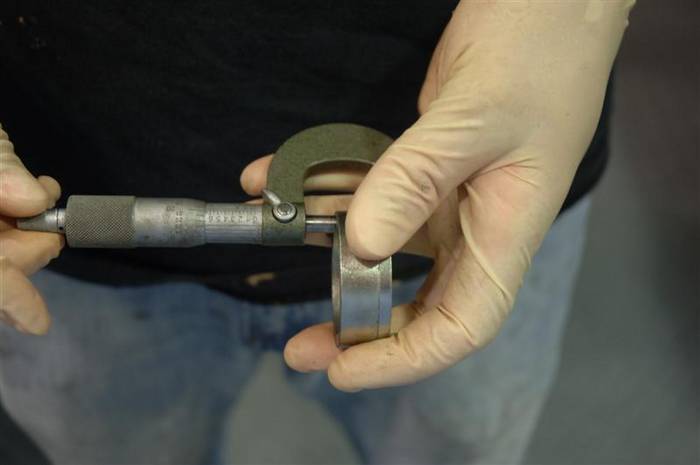 |

09-03-2007, 03:52 PM
|
 |
CC Member

|
|
|
Join Date: Mar 2001
Location: Provo,
Ut
Cobra Make, Engine: Kirkham, 427
Posts: 6,990
|
|

 Not Ranked
Not Ranked
And then making the replacement shim exactly 0.004 inches shorter. Here he is checking his work to make sure there is 0.000 run out.
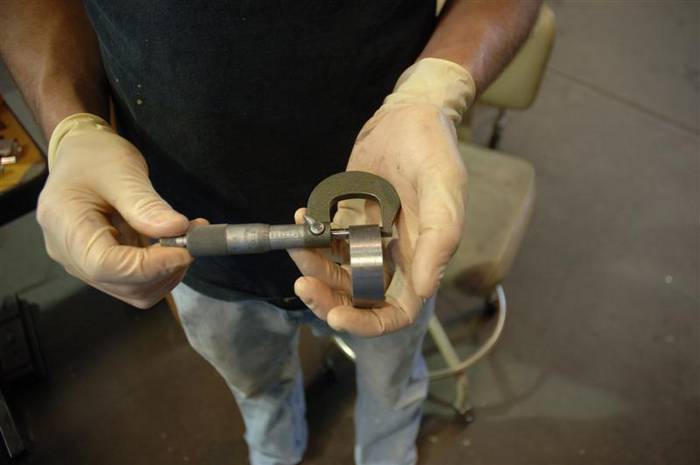 |

09-03-2007, 03:54 PM
|
 |
CC Member

|
|
|
Join Date: Mar 2001
Location: Provo,
Ut
Cobra Make, Engine: Kirkham, 427
Posts: 6,990
|
|

 Not Ranked
Not Ranked
Clean, check, and grease the inner bearing.
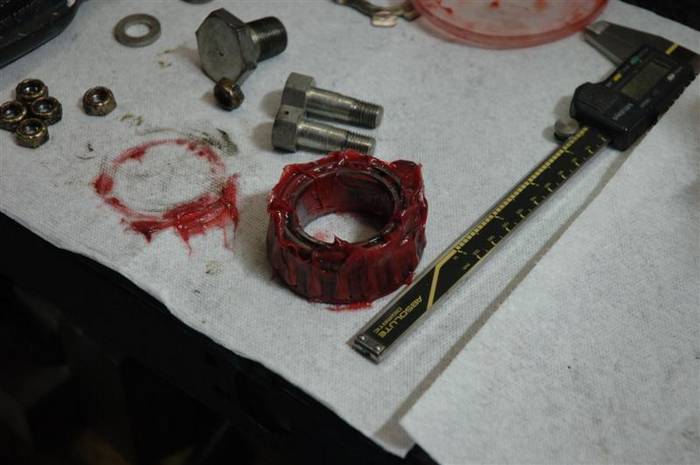 |

09-03-2007, 03:57 PM
|
 |
CC Member

|
|
|
Join Date: Mar 2001
Location: Provo,
Ut
Cobra Make, Engine: Kirkham, 427
Posts: 6,990
|
|

 Not Ranked
Not Ranked
Last edited by David Kirkham; 09-05-2007 at 08:24 AM..
|

09-03-2007, 04:00 PM
|
 |
CC Member

|
|
|
Join Date: Mar 2001
Location: Provo,
Ut
Cobra Make, Engine: Kirkham, 427
Posts: 6,990
|
|

 Not Ranked
Not Ranked
Now you need to bolt your drive pins back on. (You don't have to do this on the latest Kirkham cars as we milled the drive pins directly into the hubs.  )
Notice we use all metal aviation jet nuts here rated at 190,000 psi. Just say NO to nylon in high temperature applications! It doesn't do your nuts any good if the nylon melts out of them.
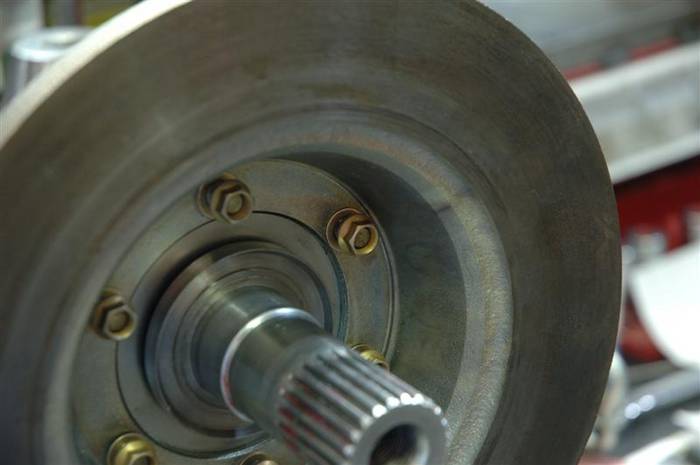
Last edited by David Kirkham; 09-05-2007 at 08:25 AM..
|

09-03-2007, 04:04 PM
|
 |
CC Member

|
|
|
Join Date: Mar 2001
Location: Provo,
Ut
Cobra Make, Engine: Kirkham, 427
Posts: 6,990
|
|

 Not Ranked
Not Ranked
Now you have to put everything back together. It is very tricky and you have to do it in the right order or you will end up in a mess.
First we put the outer bearing on the hub and rotor assembly. Then we put the upright back on the hub as far as it will go. Then you need to have a special tube pressing tool (like the one we have shown here) that will push on the RACE of the inner bearing. Press down on the race of the inner bearing until everything stops and then HOLD the press down. While you are doing this, you MUST move the upright back and forth on the bearings to make sure nothing gets caught or binds up.
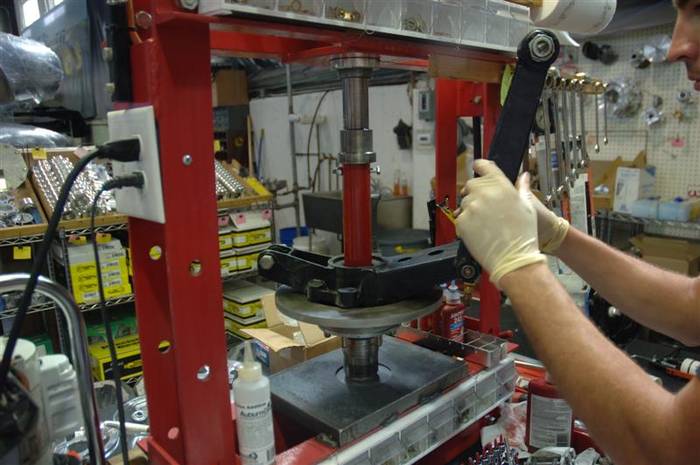
Last edited by David Kirkham; 09-03-2007 at 06:58 PM..
|

09-03-2007, 04:07 PM
|
 |
CC Member

|
|
|
Join Date: Mar 2001
Location: Provo,
Ut
Cobra Make, Engine: Kirkham, 427
Posts: 6,990
|
|

 Not Ranked
Not Ranked
While the hub is locked down in the press, Sandwich tries to move the upright up and down to make sure there is NO play in the upright. At the same time, he is making sure there is about 25 inch pounds of drag on the preload of the bearings by rotating the upright side to side. Finally, he gives the assembly a 360 degree turn to make sure nothing is caught or binding up all the way around. It is all quite a delicate dance, but with experience it is definitely easier to do.
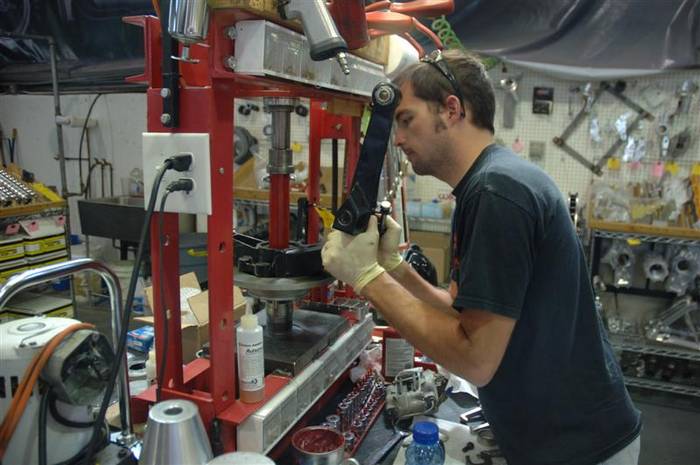 |

09-03-2007, 04:09 PM
|
 |
CC Member

|
|
|
Join Date: Mar 2001
Location: Provo,
Ut
Cobra Make, Engine: Kirkham, 427
Posts: 6,990
|
|

 Not Ranked
Not Ranked
Here is another view of Sandwich doing his magic on the press. Turns out his educated guess measurement of 0.004 inches was right.
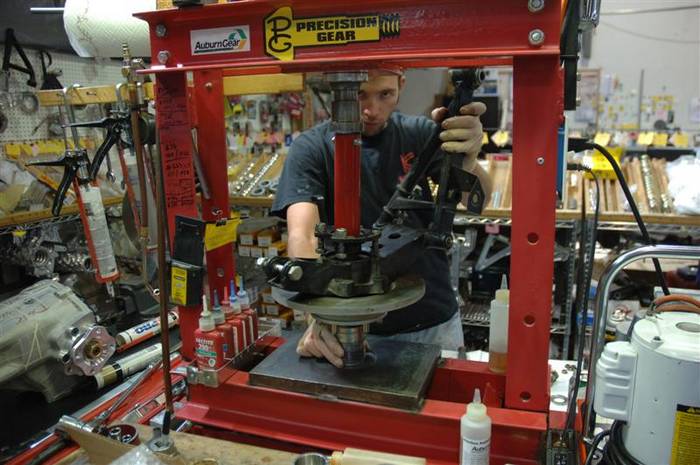 |

09-03-2007, 04:15 PM
|
 |
CC Member

|
|
|
Join Date: Mar 2001
Location: Provo,
Ut
Cobra Make, Engine: Kirkham, 427
Posts: 6,990
|
|

 Not Ranked
Not Ranked
Now it is time to clean.
Sandwich is using brake cleaner to clean out the threads. We use modern chemistry to lock our threads...LOCTITE!
So, everything HAS to be perfectly clean! Or, your Loctite will not hold and you will be most unhappy if things come apart.
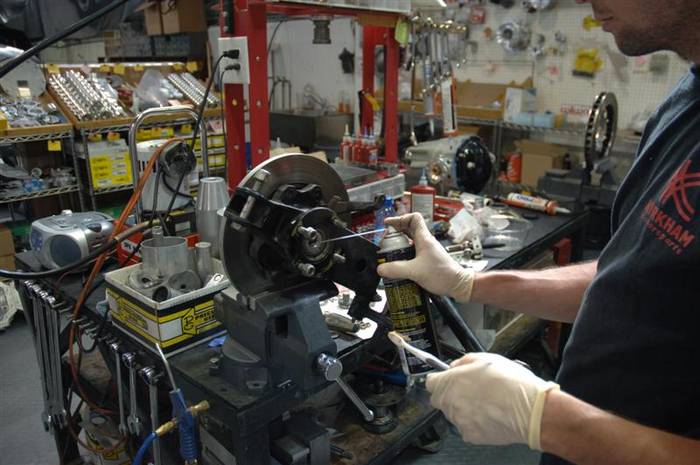 |
 Posting Rules
Posting Rules
|
You may not post new threads
You may not post replies
You may not post attachments
You may not edit your posts
HTML code is Off
|
|
|
All times are GMT -7. The time now is 05:46 AM.
|
|



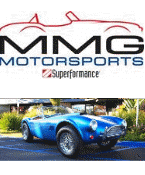
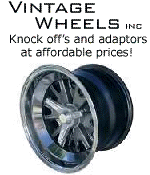

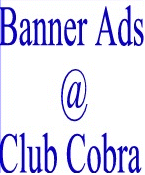

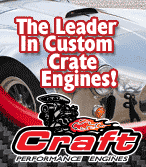


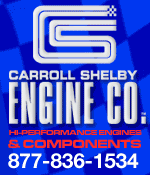
 1Likes
1Likes








 )
) Linear Mode
Linear Mode



